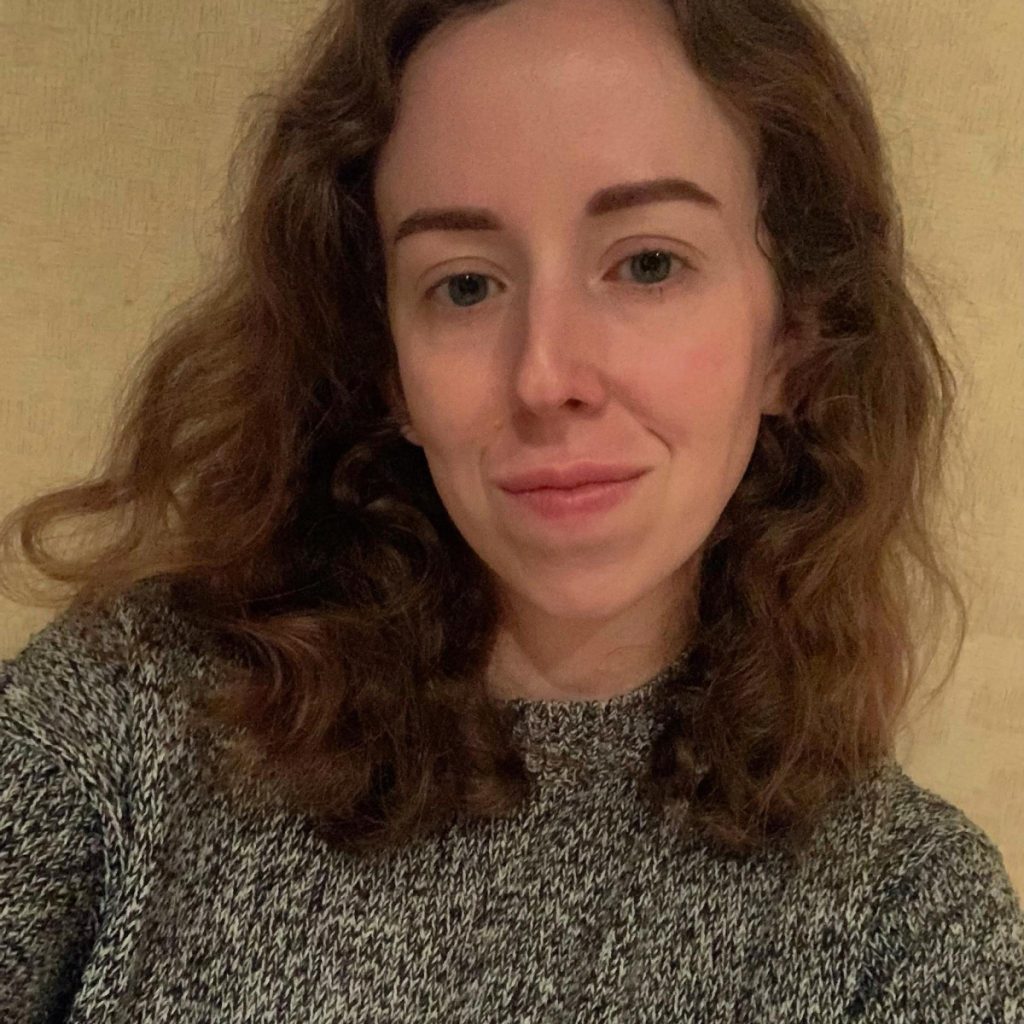Translated from the Ukrainian by Kate Tsurkan
I remember as a child, around the age of seven or eight, asking my parents how many wars there had been. For some reason it was up to me to find out. I remember thinking that there must be an exact number and that my father or mother probably knew it, or if not, they would count every war we knew of and decide upon a number. At the time, I had no doubt that they could all be counted.
It seemed like this was the first time my mom and dad didn’t know what to tell me. They didn’t even understand what I wanted from them, although I came up with different ways to explain it to them. Much later, another man gave the closest possible answer to my childhood question: wars have been going on for as long as people have existed. This man, Kurt Vonnegut, did not stop there and said, much more importantly: the reasons why wars start are disproportionate to the evil they bring.
When I came of age, I tried to understand something about war in the safest and most logical way—that is, by reading books. Joseph Heller’s Catch-22, Kurt Vonnegut’s Slaughterhouse Five, Michael Ondaatje’s The English Patient, Heinrich Böll’s Group Portrait with a Lady . . . I went through the pages of these and other novels, and a single conviction grew stronger in me: if everyone would simply read these books and understand everything in them, no one would ever fight again. The wars would end forever, and everyone would look for other ways to figure things out.
But this is such an unattainable utopia, because there are still many people who have not read these books and never will. Today, we all know one such person by name.
On the night of February 24, I was staying at my parents’ house in Ivano-Frankivsk. The sunset was fantastic; the sky was illuminated by bursts of orange over the gentle blue of the horizon, welcoming the starry night with the first glimpses of spring.
I awoke to my father knocking on the door of my room and saying a sequence of words that I heard for the first time in my life and that no one should ever hear, along with everything that follows them. I still feel horror when I repeat those words to myself: wake up, the airport is being bombed.
The airport is seven kilometers away from their house; it can be seen and heard from the window. Black masses of smoke billowed up—a light southeast wind blew from the mountains, fuel tanks exploded from time to time, and then an orange-purple dome rose amid the mass of smoke, which faded in an instant, leaving behind a dark core that fed the smoke cloud. These elements, which each on their own seem so safe—an airfield, the sky, the horizon, the flash, the smoke, the black—together, when combined, create an animalistic horror—an unnatural, illogical, incomprehensible spectacle. But it is these words and in this sequence which capture that day. The first of many which followed with immense flashes and black smoke over Ukraine.
Since Putin ordered the attack and Russia invaded Ukraine, smoke and flares from rocket bombings have covered half the country. I write the words “Russia” and “Putin” in capital letters, as required by the rules of my language. My contempt for them will not lead me to write in a childish way, although I am angry and say: “this dictator deserves only contempt.” I will continue to follow the rules of language properly, paying tribute to spelling and preserving it. Because today not only the Ukrainian territory, but also the Ukrainian language needs to be defended. Because they—the Russians—came to destroy it.
And with it our identity, our culture, and our memory. Putin repeats over and over again: “We are one people.” And he sends his soldiers to liberate us from this Ukrainianness, in order to truly make us one people—the Russians. We are now fighting not only for our independence and our territory, but also for the opportunity to say hello, meet our friends and say goodbye to them. To say “I love you” or “I’m happy” in Ukrainian. To speak the truth about the Executed Renaissance, when nearly an entire generation of Ukrainian artists were killed during the Stalinist Purges of the 1930s. We are fighting for the poetry of Stus and Symonenko. Putin brought his soldiers to us to take it all away in order to “finally resolve the Ukrainian issue.” To finally deal with everything Ukrainian.
But Ukraine is us, and it can only be taken away with us. He seems to have realized this too, so his bombs and rockets now fall on residential neighborhoods, houses, and squares, aiming at only civilians and no one else. But we stick to the territory, culture, and language, too: we sing the anthem to raise our spirits, we identify saboteurs by words they can’t pronounce correctly in Ukrainian, and we support each other with the slogan “Glory to Ukraine.”
We are fighting for what we already had—that is, the opportunity to write and read in the language that is native to us, to speak it to each other, and to ask important things, such as: How many wars? Why are there wars? Who starts them? Who is to blame for the destruction they carry?
How strange that I imagined my parents could really count all the wars that took place in my childhood, and could tell me some number, and that number would be final. Now they must add another one.

Roman Malynovsky is a writer and publisher from Ivano-Frankivsk. In 2017, he founded the Civilization publishing house. He is also the editor-in-chief of the Library of Babel publishing house, which he co-founded in 2014. His first short story collection, Sweet Life (‘Солодке життя’), was published by Meridian Czernowitz in 2021. His work has been featured in Harper’s Bazaar Ukraine, Versopolis, and Akcent.

Kate Tsurkan is the co-founder and editor-in-chief of Apofenie Magazine, TAULT translator and board member, and PhD candidate at New York University. Her written work has previously appeared in the New Statesman, Los Angeles Review of Books, Asymptote, the Calvert Journal, and Arrowsmith Press Journal.
Subscribe to Read More